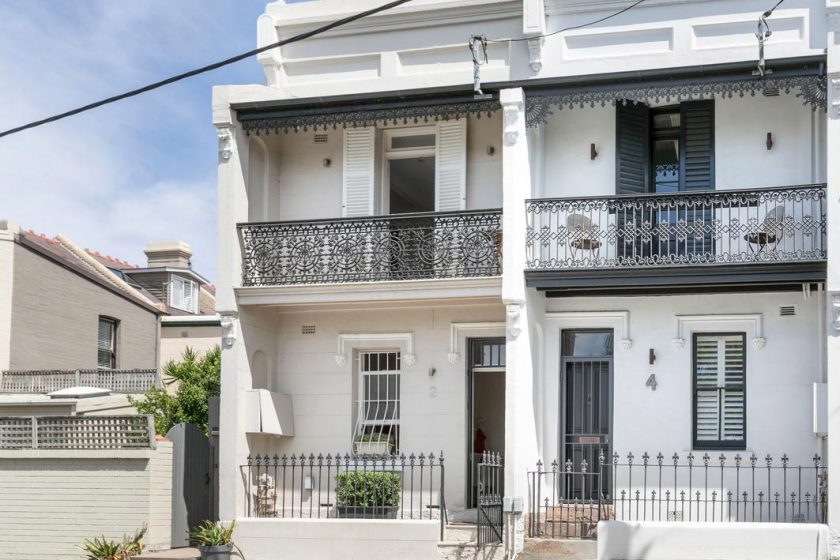There are plenty of ways to obtain a home loan.
You can walk into your nearest bank or lender, you can trawl through all the options online and apply for a loan without leaving your seat, or you can seek out a mortgage broker.
But what exactly does a mortgage broker do, and why would you consider using one?

Mortgage brokers do the legwork in tracking down and setting up the best home loan for you. Picture: Getty
As a guide, a mortgage broker’s role can take in any or all of the following functions.
What is a mortgage broker and what do they do?
Rather than you sifting through dozens of potential lenders, home loans and interest rates, it’s a broker’s job to crunch the numbers and provide you with the best options, based on your personal situation and finances.
Essentially, mortgage brokers do the legwork in tracking down and setting up the best home loan for you.
1st Street managing director Jeremy Fisher says the broker, first and foremost, works for you.
“What a mortgage broker typically does is put the customer hat on and looks at what is the most suitable lender or suitable product for the customer, based on their needs,” he says.
“They’ll sit down with the customer and spend an hour understanding exactly what they want to do or achieve and what their plans are, and then obviously look to provide them with the most suitable lender or product, depending upon their circumstances.”
Assess your borrowing power
Fisher says a good broker will not only determine how much you’re able to borrow from various lenders, but also the maximum amount that you should borrow, in order to protect you if things change.
“We sit with them, understand their situation, do analysis of all their expenses, their incomes, understand their plans, and then look and research around the various lenders that are suitable,” he says.
“We make sure a client can afford it if rates go up to 7% or 8% and how that is going to impact on their lifestyle, or how it will impact if they get a loan tomorrow, versus what they’re paying in rent today.”
“Many times I’ll talk clients down from what their expectation was before they walked in, around how much they want to borrow, because it doesn’t make sense financially and would have put them under financial stress.”
What do banks look for in loan applications?
Find you the best deal
It stands to reason that a person who lives and breathes home loans every day should be able to secure a better deal or interest rate than someone who’s searching for the first time.
“A customer should be able to come to a broker and get a lower rate than what they can get by walking into a branch,” Fisher says.
Get you pre-approval
Should you tick off on one of the loan options put forward by a broker, they’ll do further legwork to get your loan pre-approved with that lender.
That then gives you the ability to go out and bid on properties, knowing the lender has approved you to borrow a certain amount.
What’s your loan strategy?
They’re independent
Most brokers will be at pains to stress that they’re independent, meaning they don’t favour any one lender, and will seek out the best possible deal or rate from the dozens of lenders with whom they’re accredited.
“Irrespective of whether they work for a franchise group or a smaller business, they’re independent from a particular lender,” Fisher says.
“As a general rule, all mortgage brokers are accredited with 20 to 40-plus lenders.”
Who pays the broker?
You may not realise that the vast majority of mortgage brokers aren’t paid by you, the customer.
Instead, they’re paid a portion of the home loan amount by the lender once the loan is finalised.
That means that if you elect not to proceed with the loan options they put in front of you, you won’t pay anything, and they won’t receive anything.
It’s one of the ways you can generally be sure they’ll hunt the best deal down for you: they want you to be happy so you’ll proceed with the loan.
“A broker gets paid the same, irrespective of whether a customer pays 4% or 10% (interest rate). So it’s in the broker’s best interest to get the customer the lowest rate, because there’s no enticement for a broker to get a higher rate and get paid more.”




